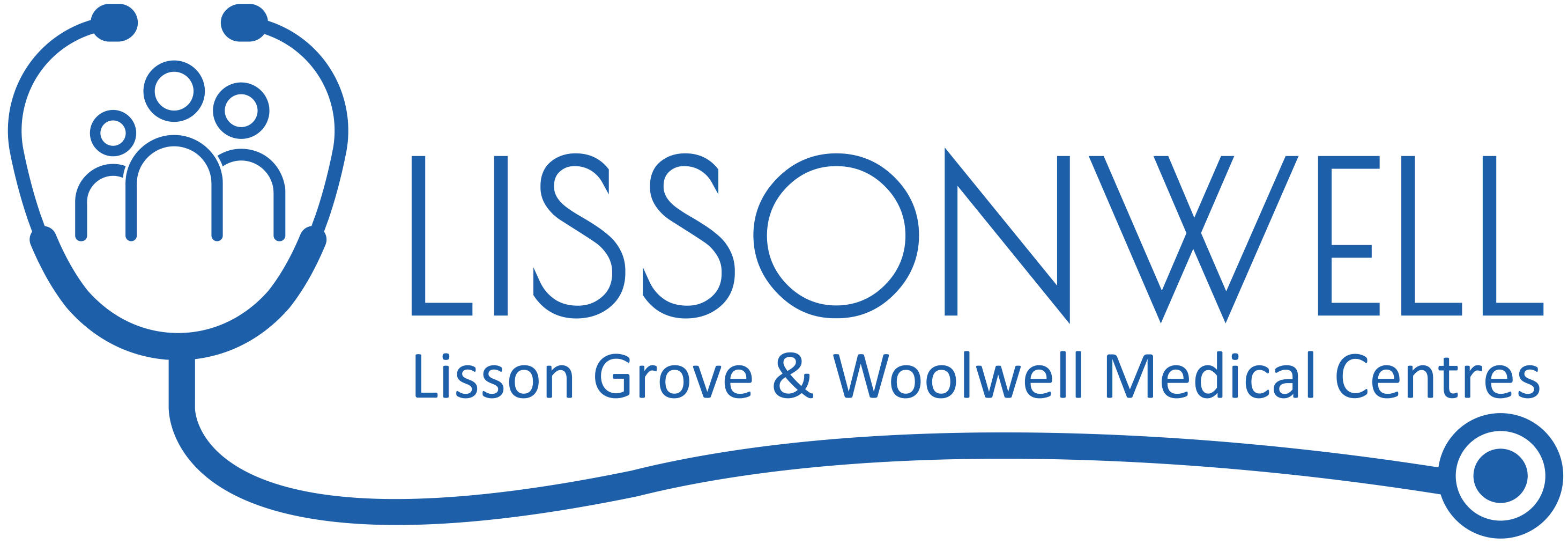Neuromyelitis optica (NMO)
It's also called neuromyelitis optica spectrum disorder (NMOSD) or Devic's disease.
Symptoms of neuromyelitis optica (NMO) vary between people, and can be mild or severe.
The symptoms can include:
- eye pain and problems with your eyesight or your colour vision, in one or both eyes
- sharp, burning or shooting pain (nerve pain) in your back, neck, arms or legs
- weakness, numbness or paralysis in your arms or legs
- muscle spasms (where your muscles suddenly tighten)
- problems with your bladder and bowels, such as incontinence, constipation or not being able to pee
- sexual problems, such as not being able to get an erection or reach orgasm
- vomiting and hiccups
You may have symptoms only affecting your eyes (called optic neuritis), or only affecting your spinal cord (called transverse myelitis).
Symptoms start over a few hours or days. They usually last a few days or weeks, before gradually improving. Some people recover well with treatment, while others have longer lasting problems.
It's common for symptoms to come back, known as relapses. This can happen after a few weeks, months or years. In some people, relapses lead to permanent problems such as sight loss or mobility problems.
Ask for an urgent GP appointment or get help from NHS 111 if:
- you think you could have neuromyelitis optica
You can call 111 or get help from 111 online.
If a GP thinks you could have neuromyelitis optica (NMO) they'll refer you to a specialist in nerve conditions (neurologist) for tests and treatment.
NMO can be hard to diagnose because the symptoms vary and are similar to other conditions, such as multiple sclerosis.
You may have tests such as:
- blood tests
- an MRI scan to check your brain and spinal cord
- a lumbar puncture to take a sample of fluid from your spinal cord
- tests to check your eyes and vision
If you're diagnosed with neuromyelitis optica (NMO) you'll need treatment to stop the inflammation in your nerves and reduce the risk of relapses.
Initial treatment and treatment for relapses
When your symptoms first start or if you're having a relapse, where symptoms come back, the main treatments are:
- high dose steroid injections
- plasma exchange, where some of your blood is removed, treated and then returned to your body
- immunoglobulins (antibodies in the blood) given through a drip into your vein
Treatment to help prevent relapses
You'll usually also need to take medicines long term that reduce the activity of your immune system to help prevent relapses. These may include:
- immunosuppressants, such as azathioprine
- steroid tablets, such as prednisolone
- biological medicines, such as rituximab
Treatment for symptoms
You may also be offered medicines to help with any ongoing symptoms, such as:
- painkillers
- antidepressant or anticonvulsant medicines that help with nerve pain, such as amitriptyline or gabapentin
- muscle relaxant or anticonvulsant medicines to treat muscle spasms, such as baclofen or carbamazepine
- medicines for bladder problems, such as oxybutynin
- medicines for bowel problems, such as laxatives
To help with symptoms such as muscle weakness and mobility problems you may be offered:
- physiotherapy, including advice on exercises and stretching
- occupational therapy to help with daily activities
Neuromyelitis optica (NMO) is an autoimmune condition. It happens when your immune system attacks nerves in your eyes or your spinal cord.
It's not known what causes it. Sometimes it happens after a virus such as flu.
NMO is not an inherited condition. But it's more common in people with other autoimmune conditions, and those with close relatives who have autoimmune conditions.
It's more common in women and people of Asian or Black African origin.
If you or someone in your family lives with neuromyelitis optica (NMO) you can get support from charities including:
If you have NMO, your care team will pass information on to the National Congenital Anomaly and Rare Disease Registration Service (NCARDRS).
This helps scientists look for better ways to prevent and treat this condition. You can opt out of the register at any time.

